
Insert Catchy Title Here
I’ve been around Cedar Hills for 14 years—the longest I’ve ever been at any job x7. Fourteen years is a lot of connections, a lot of friendships, a lot of holidays and team members and special projects. A lot of lessons and one-on-one meetings and coffee dates and times of prayer. And a lot of volunteers. And by the time this article goes out, a lot of Sundays—738 to be exact.
The title is not a mistake — “Insert Catchy Title Here” really is my title. Because I carry titles—Director, Worship Leader, Worship Pastor, Worship Coordinator, Music Director, Media Leader, Graphic design, Songwriter–all these titles give me privilege to relationships within my church body. They come easily by nature of the job.
So in 2021 I had to ask myself, “Where am I NOT connected?” And the easy answer was my children’s school.
We ask you all to connect, like, all the time. But what have I learned going after this myself? Connection takes deliberate effort. Like rearrange-my-schedule-and-make-it-a-priority type of effort. I learned that it’s super easy to blow off. It’s much easier to drop off the kids or pick them up and move a long with my regular day. It’s harder to connect without a title, where I am just one parent among hundreds. I have to take real initiative, setup appointments, watch newsletters for opportunities to help and plug-in and most of all LOOK FOR A NEED and be willing to fill it. As an introvert, this process was sometimes painful. I’m very happy in my little quiet corner by myself. 🙂 But the desire for connection drove me forward.
I can’t say I’ve had any major “aha!” moments, but the Word says, “Do not despise these small beginnings, for the LORD rejoices to see the work begin…” (Zechariah 4:10). The work has begun! I’ve connected with a few moms for mentoring, try hard to make deliberate chitchat at birthday parties, and have been able to help out classroom teachers where there was a volunteer hole. The office staff knows me by face and name. And I tried to turn my children’s conferences into, “But how are YOU doing?” with their teachers.
Small beginnings with no catchy title needed. But you have to start somewhere, right?
Leah Carolan
Director of Worship & Media
Just a Human Trying to Connect
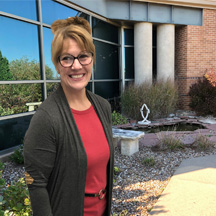

Did you enjoy this article? Did you laugh, cry, or learn something new? Let Leah know.
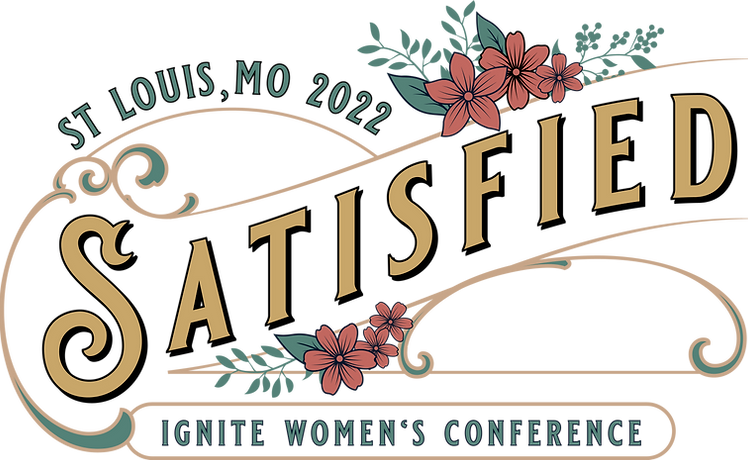



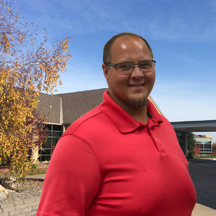


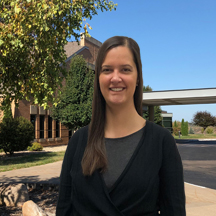
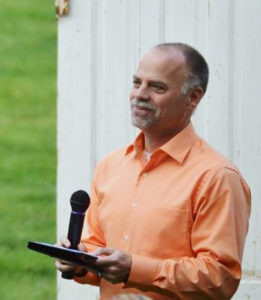


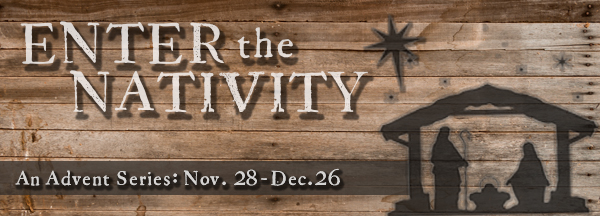 “Enter the Nativity” – a new 5-week series begins Sunday, Nov. 28. This series covers the season of Advent (the 4-week preparation for Christmas), Christmas Eve, and the Sunday after Christmas.
“Enter the Nativity” – a new 5-week series begins Sunday, Nov. 28. This series covers the season of Advent (the 4-week preparation for Christmas), Christmas Eve, and the Sunday after Christmas.